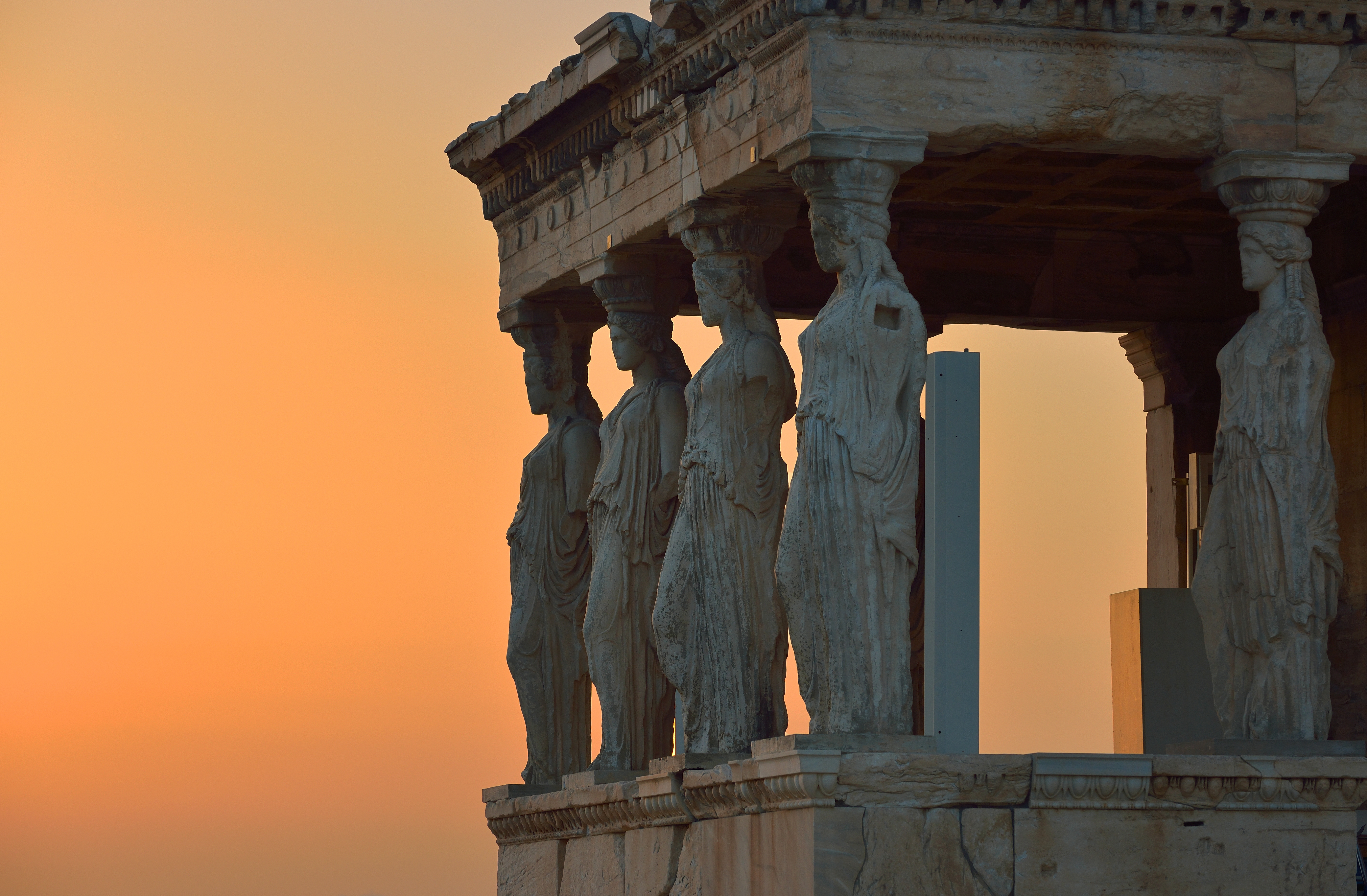Classics Series
The Future of Our Ancient Past
There’s nothing wrong with teaching Western Civilization or the Western classics alongside other cultural traditions. At the same time, the way Classics used to be taught is gone for good.

This is part one of a four part series on the Classics. Part two will be published tomorrow.
Australian National University’s decision to reject a large donation from the Ramsay Centre has brought the topic of Western civilization to the forefront once again. For me, the most pressing question is about the future of classics, the discipline that has long claimed to deal with the foundations of Western civilizations. I’ve previously helped teach a course called “Origins of Political Thought,” and I’m preparing to teach another with the title “Foundations of Western Political Thought” next year. But should anyone still be teaching courses on “Western Civ”?
My answer, in a word, is yes. There’s nothing wrong with teaching Western Civilization or the Western classics alongside other cultural traditions. At the same time, the way Classics used to be taught is gone for good. In many ways, that’s a good thing: the traditional classical education was astonishingly narrow, and often gave the impression that the tradition it dealt with was the only game in town. Luckily, educators today live in an increasingly globalized environment, where exposure to other traditions is far easier to come by than it used to be. We should seize every opportunity to engage with and allow space to these other cultural traditions—but we should also continue to offer a high-quality education in the Western classics.
The traditional classical education, as offered by Britain’s private schools, tended to focus almost entirely on Latin and Greek. This was the education Thomas Hughes recalled in Tom Brown’s Schooldays (1857); but it was also at the core of the education received by more modern figures like Aldous Huxley. Nor was this only a British obsession: Harvard’s 1869 entrance examshows the same fixation with the ancient languages. The fixation continued until the Second World War and beyond; Latin was a requirement for entrance to Oxford and Cambridge until 1960.
A more accessible approach to the classics was afforded by “Great Books” courses, which focused on the classics in translation. Many of these courses are still going strong today; examples include the Columbia Core Curriculum and the Great Books Curriculum at St. John’s College. But though Great Books courses did more to broaden the mind than a narrow training in classical philology, they still didn’t do much to broaden it beyond the West. To this day, neither the Columbia nor the St. John’s courses feature any non-Western works.

It’s easy to think of reasons why the traditional classical education was as narrow as it was. Most of these courses came into being at a time when exposure to non-Western languages and cultures was simply much harder to come by than it is today. Translations of even canonical works from non-Western cultures weren’t as widely available. Still, none of this justifies contemporary philosophy curricula that don’t feature any non-Western philosophers. And if it used to be difficult to be exposed to non-Western cultures or to get hold of non-Western classics, that’s no longer the case.
In fact, that other classical traditions exist is now so obvious that it raises the question of whether the study of the Western classics should still be known as “classics” without some additional qualification. Wouldn’t it be more accurate to call the subject something like “Western classics?” You could argue that it should be assumed that “classics” in a Western country means “Western classics,” but in our increasingly cosmopolitan world, it might be better to be absolutely clear. Stipulating that one “classics” course focuses on the Western classics would also allow more space for other courses—Chinese classics, for example—to be offered at the same institutions.
In any case, we live in a multi-cultural world, and that means the old way of studying (Western) classics, as if they were the be-all and end-all, is no longer an option. The students at Reed College who protested their institution’s mandatory foundation course in humanities for being too Western had a point: The course was meant to be a general introduction to the humanities, and by including only Western material, it implied that the Western classics could provide an introduction to world culture on their own.
I think there are two ways forward for those of us who want to continue teaching Western Civ. The first is to open up Western Civ courses so that they also include non-Western material, making them into “Global Civ” or genuinely global “Introduction to the Humanities” courses. The other is to label them clearly as “Western” and teach them alongside courses in Islamic or Polynesian civilization. The reformed foundation course at Reed College, which includes separate modules on modern Mexico and New York as well as ancient Greece, combines both these options.
At the institutional level, classics departments could integrate specialists in Chinese, Indian, and other classical civilizations into departments that currently focus exclusively on Mediterranean antiquity; the Department of Ancient History at Macquarie, for example, already includes Egypt, Israel, and the Near East in its remit, alongside Greece and Rome. Or they could re-label themselves as departments of Western or European classics – or, alternatively, of Mediterranean or Greco-Roman Civilization, making clear that there’s no implicit claim to universality.

In terms of research, the study of interactions between Western and non-Western cultures should continue and intensify (Oxford’s Gandhara Connections project is a good example of work of this kind). But it should also be complemented by the comparative work of scholars like Stanford historian Walter Scheidel, which don’t depend on actual linkages being established between individual cultures.
Departments of ancient civilizations will be in a particularly good position to do inter-disciplinary work of this sort, with specialists in different ancient cultures interacting on a daily basis. But departments that remain dedicated to Greece and Rome should also should seize the opportunity to reach out to scholars in other departments and engage with their areas of study.
In the end, though, inter-disciplinary exchange depends on there being people trained in different disciplines. Getting a good sense of the Western classics demands mastery of a range of languages and skills, and that’s something that is usually enough for one scholarly career. If we want high-quality inter-disciplinary work on global civilizations, we don’t just need to have more research in non-Western cultures. We also need to keep teaching and researching Western Civ.






